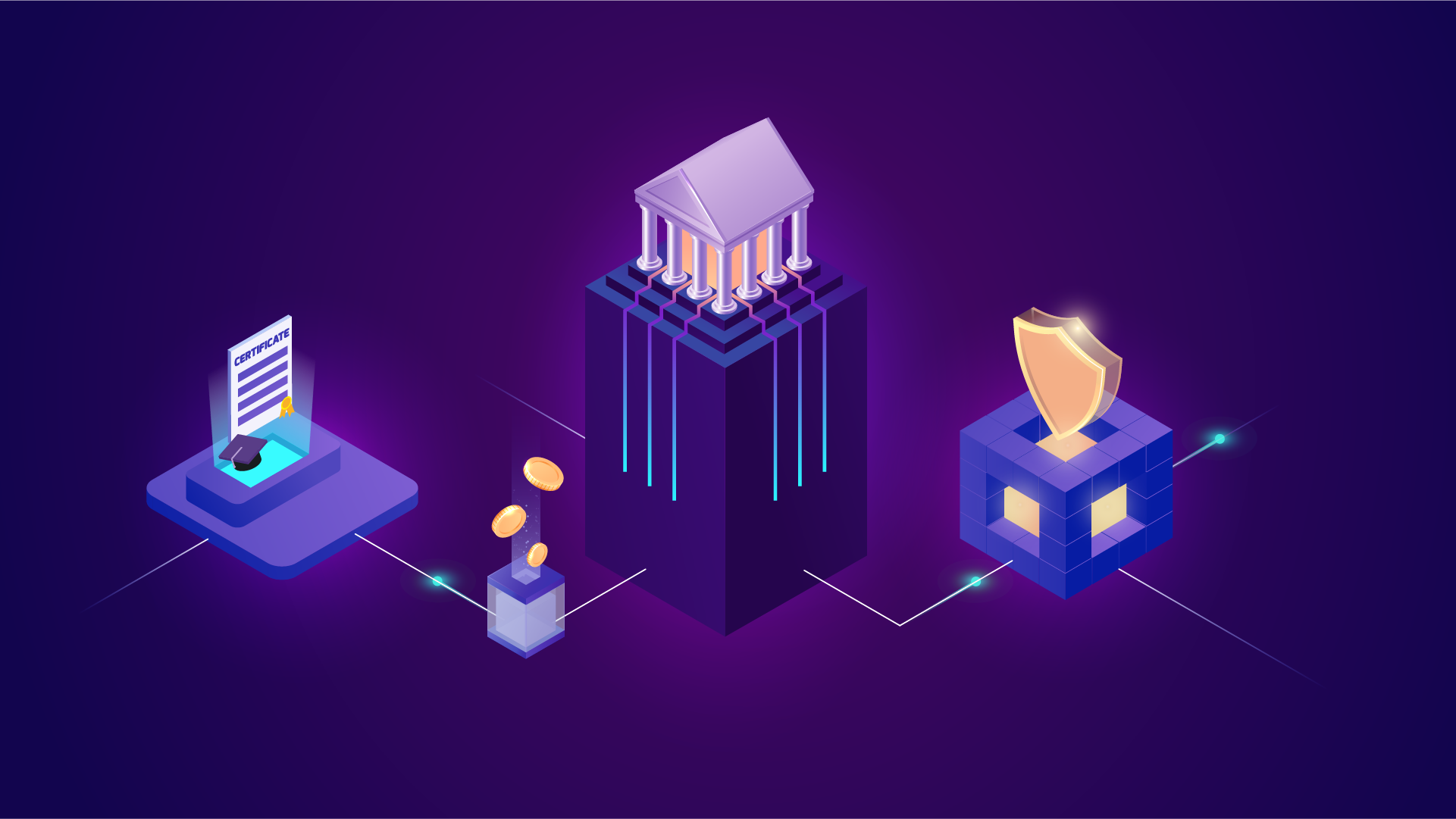The real estate market has been recently going through a significant transformation, and it’s all thanks to an innovative concept of the real estate tokenization. This revolutionary approach to real estate investments focuses on reducing or even removing high-entry barriers to the assets that have traditionally required extensive capital or involved taking a loan. Tokenized investments into real estate industry allow public to diversify their portfolios and enjoy a fractional ownership of the property market, even with very limited capital.
What is Real Estate Tokenization?
Real estate tokenization transforms real estate into digital tokens on blockchain, enhancing liquidity, diversifying ownership, and improving transparency. This innovation democratizes the investment, enabling retail investors to access the market with a minimal entry cost and facilitating global investment.
How Does Real Estate Tokenization Work?
- Property owners e.g. real estate companies or developers select the real estate asset they wish to tokenize. This could be residential buildings, commercial properties, or even large-scale development projects. This naturally involves following legal and regulatory procedures so that the tokenized assets comply with the local legislation.
- In many cases, a SPV (special purpose vehicle) is founded for the selected real estate and the financial instrument, which will be tokenized, will be defined.
- Blockchain technology is used for representing the fraction of ownership for the chosen real estate assets. These tokens represent the financial instrument defined in the previous process. There is a variety of Blockchain solutions on the market tailored specifically for real estate use cases, for instance, Ethereum, eCredits Blockchain or Polygon.
- Issued tokens are offered to investors and public, who can purchase them with the minimal investment (vs. traditional real estate investment). Tokens remain in circulation, being traded on digital asset exchanges and other trading platforms.
Benefits of Real Estate Tokenization
Among the above-mentioned benefits such as liquidity, ease of use, facilitated access to the market with traditionally high entry barriers, real estate tokenization offers other benefits that blockchain technology is known for:
- Transparency: blockchain technology ensures transparent and immutable records, reducing the risk of fraud and disputes.
- Global Reach: with quick borderless transactions real estate becomes more accessible for investors across other jurisdictions.
- Lower Costs: Reduced administrative and transaction costs make tokenized real estate an attractive option for both investors and property owners.
- Access to a new audience: Besides the global reach, tokenization projects are also interesting to the constantly growing Web3 and Crypto Community.
Challenges and Considerations
While real estate tokenization offers many advantages, it’s essential to be aware of potential challenges. Regulatory compliance, market volatility, and the need for secure, trustworthy platforms are all crucial factors to consider before diving into tokenized real estate investments. As a full-service provider or Tokenization, Cryptix Tokenization can guide you through the whole process.
Other solutions
The real estate tokenization does not include solely tokenizing real estate property and assets but goes beyond that. New creative solutions appear on the market, for example, tokenizing participation in real estate companies such as Rocksolid Estate AG. Real Estate market can generally win a lot from implementing blockchain solutions into its operations. Property management, shareholder registers and traction, all these processes could benefit greatly from utilizing blockchain in order to make real estate business and its investments more transparent, secure, democratized and accessible.



